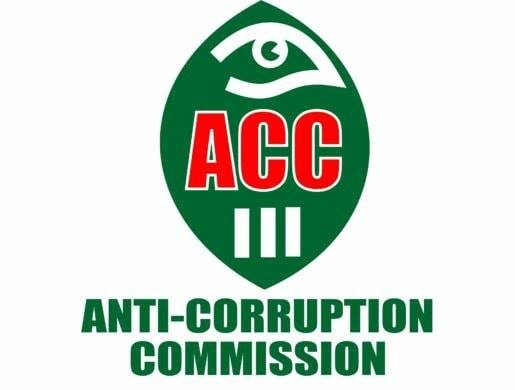Zambia Commemorates African Anti-Corruption Day, Emphasizing Achievements and Prospects
Today, Zambia joins the rest of the African continent in commemorating African Anti-Corruption Day under the theme “African Union Convention on the Prevention and Combating of Corruption, 20 Years After: Achievements and Prospects.” This significant day highlights the adoption of the African Union Convention on Preventing and Combating Corruption (AUCPCC) in Maputo, Mozambique, on July 11, 2003.
With 47 member states, including Zambia, having ratified the Convention, the seventh edition of African Anti-Corruption Day provides an opportunity for reflection on the devastating effects of corruption on African economies. It also allows for the evaluation of strategies and mechanisms employed in combating corruption across the continent.
Efforts to combat corruption have been evident, with member states establishing national laws and anti-corruption agencies. However, corruption, fraud, and money laundering remain persistent financial crimes that transcend borders and negatively impact economic development. These crimes distort markets, increase the cost of doing business, impede access to essential services, and undermine fair market conditions.
The Anti-Corruption Commission (ACC) of Zambia acknowledges the support of stakeholders, the public, and cooperating partners in the fight against financial crimes. Since 2021, the ACC, in collaboration with other law enforcement agencies, has made over 130 arrests related to corruption offenses. The total estimated value of restricted or seized properties, either under investigation or in court, amounts to K477,425,071.00.
The ACC reaffirms its commitment to combating past, present, and future corrupt practices in both the public and private sectors. It emphasizes the importance of holding accountable those who have mismanaged or abused public resources. The ACC encourages the public to report corrupt practices to law enforcement agencies, assuring them of protection against victimization.
Transparency International Zambia (TI-Z) also commemorates this milestone, marking the 20th anniversary of the AUCPCC’s adoption. While the Convention has been ratified by 48 states and integrated into domestic legislation, corruption continues to inflict severe consequences on African economies, social cohesion, and political stability.
Under the theme “AUCPCC, 20 Years After: Achievements and Prospects,” this commemoration emphasizes the need to acknowledge accomplishments and evaluate the path forward. It aims to reignite the commitment of African countries to the effective implementation of the Convention, aligning with the vision of building a better Africa characterized by good governance, democracy, respect for human rights, justice, and the rule of law.
Despite progress made in recent years, challenges remain in combating corruption. Weak governance structures, limited resources, and insufficient political will hinder the fight against corruption. Therefore, TI-Z calls upon the Zambian government to prioritize anti-corruption efforts by enhancing transparency in public procurement, enforcing accountability mechanisms, and protecting whistleblowers.
TI-Z also urges citizens to actively participate in the fight against corruption by reporting instances of corruption, advocating for transparency, and demanding accountability from those in power. Collaboration among all stakeholders is essential in addressing corruption and paving the way for a more transparent, accountable, and prosperous future for Zambia and the African continent.



